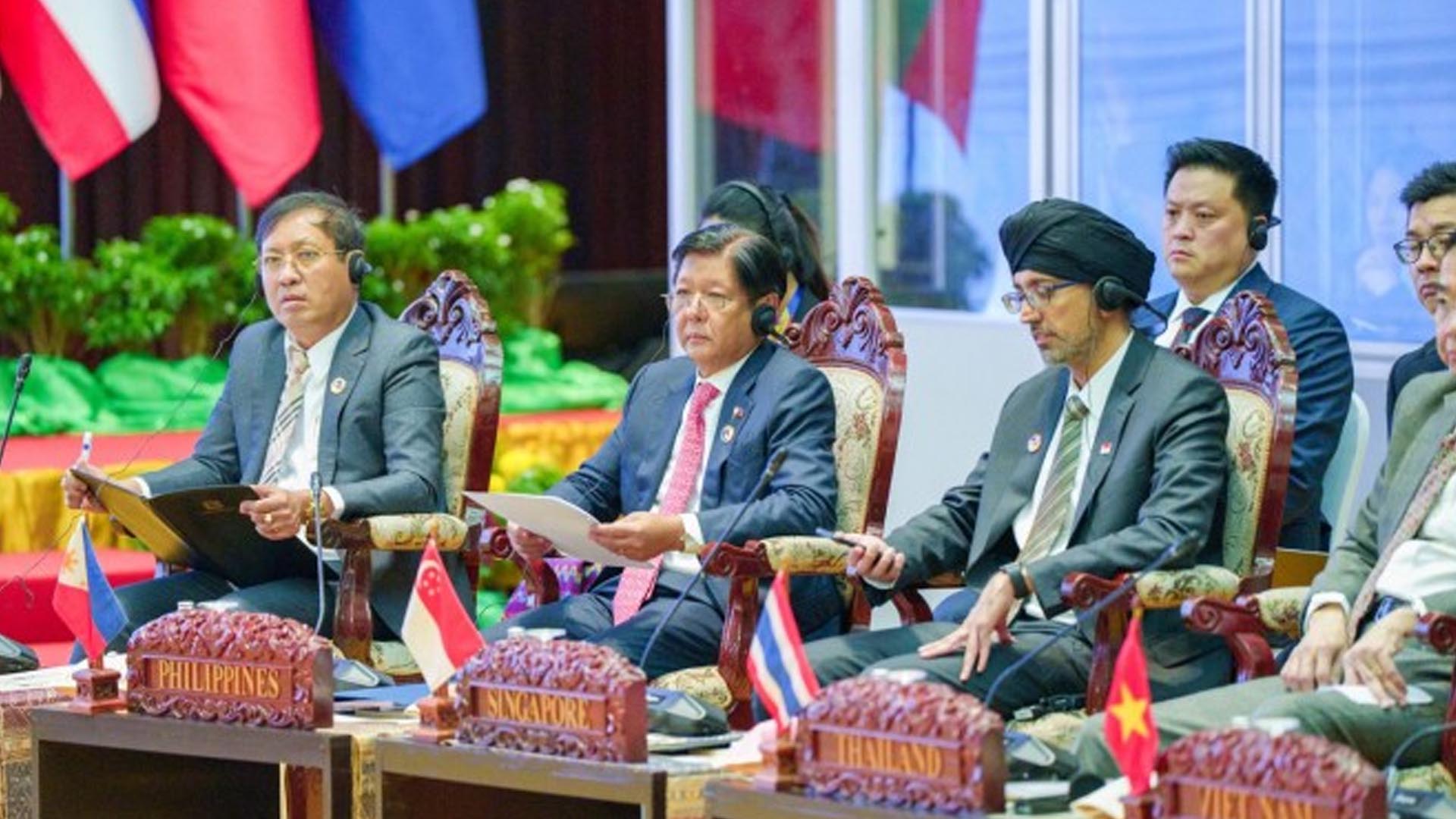President Ferdinand R. Marcos Jr. on Wednesday called on the Association of Southeast Asian Nations (ASEAN) to craft policies that could help shape the future of more than 213 million young individuals in Southeast Asia.
Marcos made the call, as he acknowledged that the ASEAN youth’s “latent potential and inherent energy,” driven by their passion and spirit of innovation, serves as the region’s “greatest asset towards achieving meaningful change.”
“With over 213 million young individuals across Southeast Asia, you are at the heart of ASEAN dynamism and creativity, serving as a bridge across our diverse Community,” he said in his intervention during the ASEAN Leaders’ Interface with Representatives of ASEAN Youth in Laos.
“As today’s leaders, we will continue to support and invest in your generation by crafting policies to create an environment where the future leaders of ASEAN can truly thrive,” Marcos said.
Marcos said the ASEAN youth also harness the power of technology, especially social media, to span divides, promote inclusivity, and deepen collaboration beyond borders.
He also said from digital innovation to cross-cultural exchanges, the youth are “weaving the fabric of a more unified, interdependent, and inclusive ASEAN.”
“Connectivity, as a cornerstone of ASEAN’s vision, goes beyond economic and physical infrastructure integration. In today’s milieu, it means fostering stronger links between peoples, cultures, and ideas. Our young Filipinos and their peers across ASEAN are drivers of this vision,” Marcos said.
Marcos said mechanisms such as the ASEAN Youth Dialogue, the ASEAN Youth Fellowship, and the ASEAN Youth Interfaith Camp are valuable tools that would empower the younger generation.
He added that strengthening the ecosystem for youth entrepreneurship, accelerating digital literacy and transformation, and fostering a sustainable green economy would help uplift the youth in the region.
“Significant challenges still abound. Thus, connectivity must be paired with resilience. As we seek to address the realities of natural disasters, climate change, peace and order, food, job and energy security, and global uncertainty, our youth have shown remarkable strength and adaptability,” Marcos said.
“They are not just reacting to these challenges; they are proactively building solutions, whether through grassroots efforts, social enterprises, or civic leadership,” he added. (PNA)






















